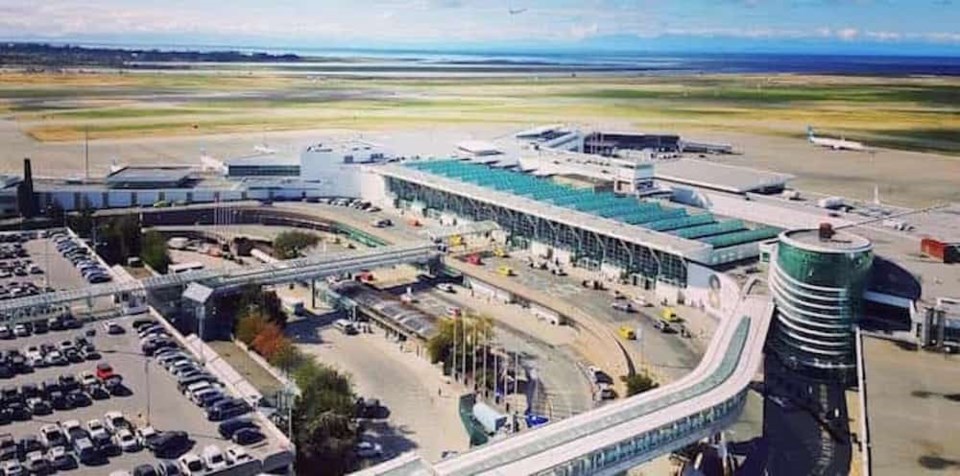The International Air Travel Transport Association says recovery in global passenger traffic has been slower than previously expected and will not return to pre-COVID-19 levels for another four years.
In a , the IATA forecasts that global passenger traffic (revenue passenger kilometers or RPKs) will not return to pre-COVID-19 levels until 2024, which is a year later than previously projected.
The organization notes that June 2020 passenger traffic has foreshadowed the slower-than-expected recovery. Traffic, measured in RPK, fell 86.5% compared to the year-ago period, which is only slightly improved from a 91% contraction in May.
For 2020, global passenger numbers (enplanements) are expected to decline by 55% compared to 2019, worsened from the April forecast of 46%. With this being said, the IATA notes that recovery in short haul travel is expected to happen faster than for long haul travel.
The IATA report bases its more pessimistic recovery outlook on three recent trends:
- Slow virus containment in the US and developing economies: Although developed economies outside of the US have been largely successful in containing the spread of the virus, renewed outbreaks have occurred in these economies, and in China. Furthermore there is little sign of virus containment in many important emerging economies, which in combination with the US, represent around 40% of global air travel markets. Their continued closure, particularly to international travel, is a significant drag on recovery.
- Reduced corporate travel: Corporate travel budgets are expected to be very constrained as companies continue to be under financial pressure even as the economy improves. In addition, while historically GDP growth and air travel have been highly correlated, surveys suggest this link has weakened, particularly with regard to business travel, as video conferencing appears to have made significant inroads as a substitute for in-person meetings.
- Weak consumer confidence: While pent-up demand exists for VFR (visiting friends and relatives) and leisure travel, consumer confidence is weak in the face of concerns over job security and rising unemployment, as well as risks of catching COVID-19. Some 55% of respondents to IATA’s June passenger survey don’t plan to travel in 2020.
“Passenger traffic hit bottom in April, but the strength of the upturn has been very weak. What improvement we have seen has been domestic flying. International markets remain largely closed. Consumer confidence is depressed and not helped by the UK’s weekend decision to impose a blanket quarantine on all travelers returning from Spain. And in many parts of the world infections are still rising. All of this points to a longer recovery period and more pain for the industry and the global economy,” said Alexandre de Juniac, IATA’s Director General and CEO.
“For airlines, this is bad news that points to the need for governments to continue with relief measures—financial and otherwise. A full Northern Winter season waiver on the 80-20 use-it-or-lose it slot rule, for example, would provide critical relief to airlines in planning schedules amid unpredictable demand patterns. Airlines are planning their schedules. They need to keep sharply focused on meeting demand and not meeting slot rules that were never meant to accommodate the sharp fluctuations of a crisis. The earlier we know the slot rules the better, but we are still waiting for governments in key markets to confirm a waiver,” said de Juniac.
Scientific advances in fighting COVID-19 including development of a successful vaccine, could allow a faster recovery. However, the IATA notes that there appears to be more downside risk than upside to the baseline forecast at this time.



